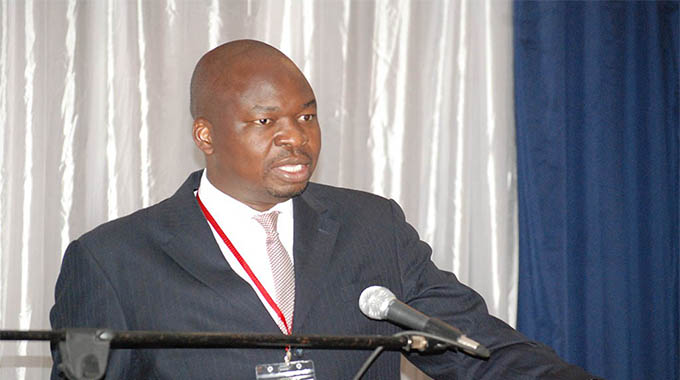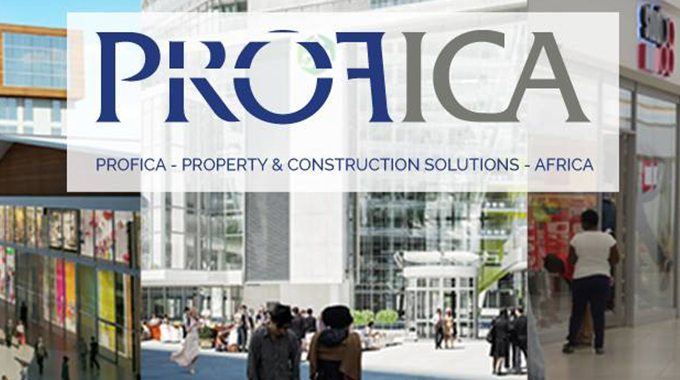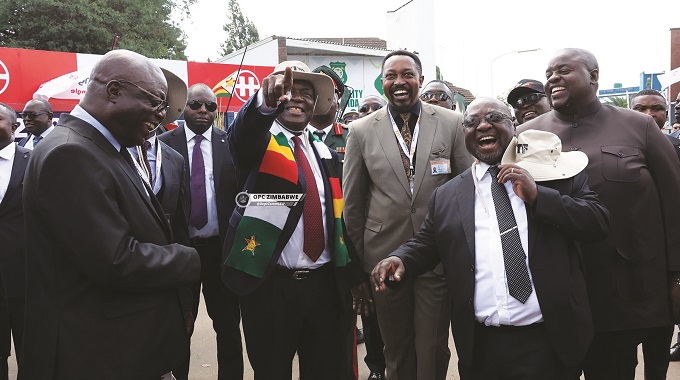Government reduces fuel duty. . .Timely move cushions travelling public

Chronicle Reporters/Harare Bureau
GOVERNMENT has reduced duty on both diesel and petrol as a way of cushioning the travelling public from the latest fuel price increases, a senior official has said.
The decision to cut by half, the duty on fuel, comes in the wake of fuel price increases announced by the Zimbabwe Energy Regulatory Authority (Zera) yesterday.
According to Zera’s reviewed prices, the maximum pump price for petrol is now RTGS$4.97 per litre up from RTGS$3.36 per litre while that of diesel is now RTGS$4,89 up from the previous RTGS$3.22 per litre.
Zera hiked fuel prices following the Reserve Bank of Zimbabwe’s (RBZ)’s decision to stop providing Oil Marketing Companies with foreign currency at a 1:1 exchange rate.
In a statement released on Monday, the RBZ said with effect from 21 May 2019, all fuel dealers will now have to “procure foreign currency for fuel through the interbank foreign exchange market to mitigate against arbitrage in the economy.”
Said the RBZ: “The Reserve Bank of Zimbabwe (the Bank) is pleased to advise the public that with effect from 21 May, 2019, the procurement of fuel by the Oil Marketing Companies (OMCs) shall be done though the interbank foreign exchange market.”
The new arrangement effectively means the discontinuation of the 1:1 exchange rate that OMCs used before in procuring fuel.
The decision was also undertaken “to promote the efficient use of foreign exchange and to minimise and guard against incidences of arbitrage within the economy.”
On average, prices yesterday went up by 51,86 percent for diesel and 47,9 percent for petrol.
But the increase could have been much more had Government not intervened through a 50 percent reduction in duty for fuel. Without the reduction, diesel’s price would have increased to $5,79 per litre while that of petrol would have increased to $6,12 per litre.
“The government has reduced the duty on petrol and diesel. As you might be aware, the duties were $2,30 for petrol and $2,05 for diesel. The duty is now reduced to 90 cents for diesel and $1,15 for petrol,” Permanent Secretary in the Ministry of Finance George Guvamatanga said in a video released on social media by the Ministry of Information, Publicity and Broadcasting.
“This has been done in order to make sure that we cushion the public from increases in the price of fuel,” he said.
Speaking to our Harare Bureau yesterday, Mr Guvamatanga said the duty on fuel, though reduced, would be used to subsidise public transport fares through Zupco, the public transporter.
The subsidy will see Zupco reduce its fares by half from $1 to 50 cents for distance below 20 kilometres and from $1,50 to 75 cents from distances between 20 and 30 kilometres. The next 10 kilometres will cost $1 in bus fare from the previous $2.
The reduction, Mr Guvamatanga said, was necessitated by the need to cushion the travelling public that have been exposed to unfair pricing by the private transporters.
“We also wanted to put money back in the pockets of people and this will be done through savings on transport costs,” he said.
Mr Guvamatanga allayed fears that the Zupco subsidies are not sustainable saying the move was well calculated and will not burden the country’s purse.
“We know exactly how much this is going to cost us, we have done some mathematics, and we have factored in this subsidy,” he quipped.
“A subsidy if its quantified, budgeted for and targeted, it’s a good subsidy. Safety nets by their nature are subsidies because you want to protect the more vulnerable members of the society,” said Mr Guvamatanga.
At least 15 cents (5 cents from diesel and 10 cents from petrol) in fuel levies per litre will go towards subsidising the public transport system, he said.
Government has announced plans to revive Zupco and will import thousands of conversional business to be distributed among the company’s operating divisions.
Meanwhile, service stations in Bulawayo yesterday increased the price of fuel following an announcement by the Reserve Bank of Zimbabwe (RBZ) that oil marketing companies will now be procuring fuel through the interbank foreign exchange market.
A snap survey carried out by The Chronicle indicated that some filling stations were selling fuel above the prices stipulated by Zera.
Trek Petroleum along Fort Street was selling a litre of petrol at $5,02 while diesel was pegged at $4,94 a litre. At Total along Robert Mugabe Street, petrol was also being sold at $5,02 a litre and diesel at $4,94 per litre. Zuva along Fife Street was selling a litre of petrol at $4,97 while diesel was going for $4,89 a litre.
Some of the filling stations in the city did not have the precious commodity and where it was available, some motorists were in queues taking turns to buy the fuel.










Comments